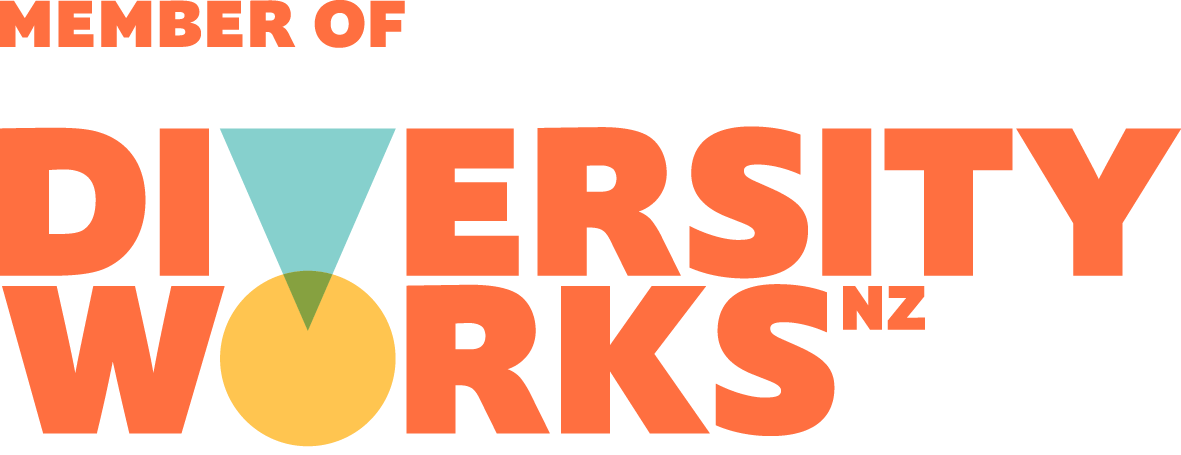News
Whether you’re just starting out or looking to take the next step in your career, job hunting can be daunting. From changing industries to deciding what job type is best for you, there’s a lot to consider.
To help you make sense of the different types of employment out there, our team of recruitment specialists in Christchurch has put together a useful guide that outlines the differences between permanent, contract, and temp work.
Permanent Work
Permanent roles are essentially your typical 9–5 jobs that have no set end date. As the name suggests, permanent jobs usually come with the expectation that you’ll be working in that role for an extended period of time.
Pros:
- Financial stability - regular hours and pay cycles mean you can make long-term plans for your financial future
- Paid time off - you get access to annual leave, sick leave, and paid public holidays
- Career building - permanent roles help you gain experience and climb the ladder in your industry
- Connection - spending more time in a role allows you to build connections with your colleagues and grow your professional network
- Upskilling opportunities - companies often devote more resources and training to long-term employees
Cons:
- Less flexibility - in permanent positions, you’ll likely have set hours and schedules that may not be the best fit for your lifestyle
- Same old routine - your days tend to be filled with the same tasks and processes
- Limited leave - yes, you get paid time off, but it’s only in limited quantities and usually at the discretion of your supervisor
- Lengthy resignation - permanent roles require you to give notice if you want to leave (anywhere from two weeks to two months, depending on your role)
Temporary Work
As you can guess, the biggest difference between temporary and permanent work is that temp work is simply that: temporary. You don’t get the same benefits or job stability as a permanent role, but it’s a great way to get your foot in the door of a new industry or build experience if you’re just starting out in your career.
Pros:
- Hourly pay - temp jobs are usually paid at an hourly rate which can sometimes be higher than that of permanent roles
- Faster hiring process - you can interview one day and be working in a temp role the next!
- Boost your CV - if you’re just starting out and you don’t have a lot of experience under your belt, temp roles can give your resume a much-needed boost
- A foot in the door - if there’s an industry you’re keen to get into, a temp job could be a great way for you to learn more—you could even be offered a permanent role at the end of your term!
Cons:
- Unpredictable pay - temp jobs can often vary in hours and days worked, so it can be hard to plan ahead financially
- No notice required - you could be left in the lurch because companies are not required to give you notice before ending your temp assignment
- No guarantees - because you’re employed for a limited amount of time for a specific purpose, once you’ve finished your term there’s no guarantee that you’ll be offered an extension or a permanent position
Temp jobs can sometimes be difficult to hunt down as the turnaround time is pretty speedy. If you’re looking for a temp role, the team at our Christchurch recruitment agency is well-versed in temp recruitment, especially for those who have relocated here from overseas.
Contract Work
Many people aren’t sure of the difference between temporary work vs contract work as they often have similar timeframes. However, the key things to remember here are that contract workers often have a bit more protection and can earn a bit more money.
Pros:
- Job security - you have a set period in which you’ll be working so you can plan ahead. Knowing that notice must be given if the contract ends also gives you enough time to find a replacement contract role
- Earn more money - typically people in contract roles have a bit of experience and can charge more. Plus, because the timeframes are short and require a certain amount of expertise, companies don’t mind paying more for your skills
- Be your own boss - contracting usually allows you to work in your own time in your own way. Of course, there will likely be deadlines to meet, but you can choose when and how you get there
- Grow your network - you’ll get great experience, but contract roles also help you to grow your professional network
Cons:
- Hustle is essential - when one contract ends, you’ll need to work to have another one lined up ASAP; otherwise, you could find yourself in some financial hot water
- Less benefits - depending on the contract role itself, you might find yourself without benefits like paid time off or sick leave
- No overtime - typically contract roles don’t allow for overtime—even though you might be working longer days to get the job done before your contract is up!
- Thrown in the deep end - because contract jobs are fairly short, you’ll have to hit the ground running. There won’t be much time to settle in and adjust
If you’re worried about the stress of constantly finding contract roles to start once your current role ends, a recruitment agency is going to be your best friend—particularly one that specialises in and understands contract role recruitment.
The right role for you
Now that you’ve learned a bit more about the difference between permanent, temporary, and contract work, it’s time to get the ball rolling!
Get in touch with our friendly team to find the right job, right now!





